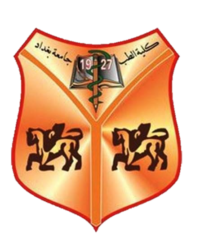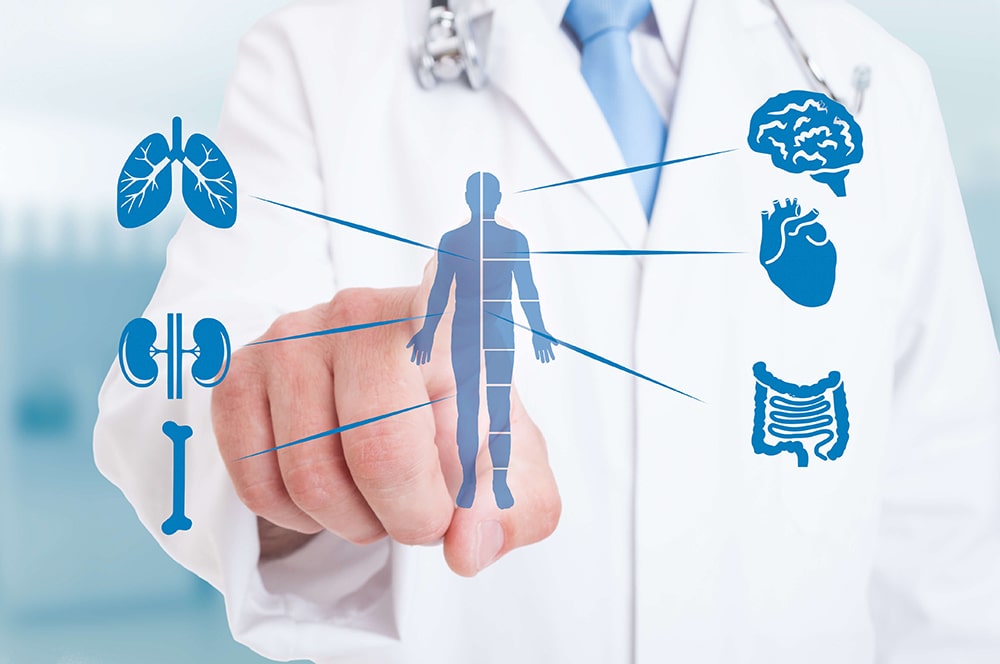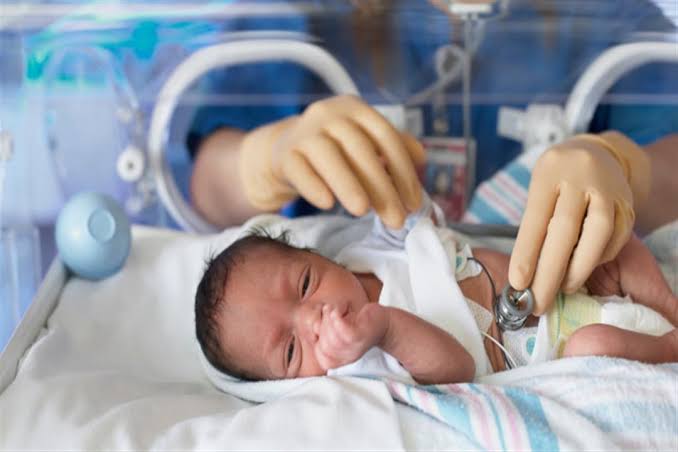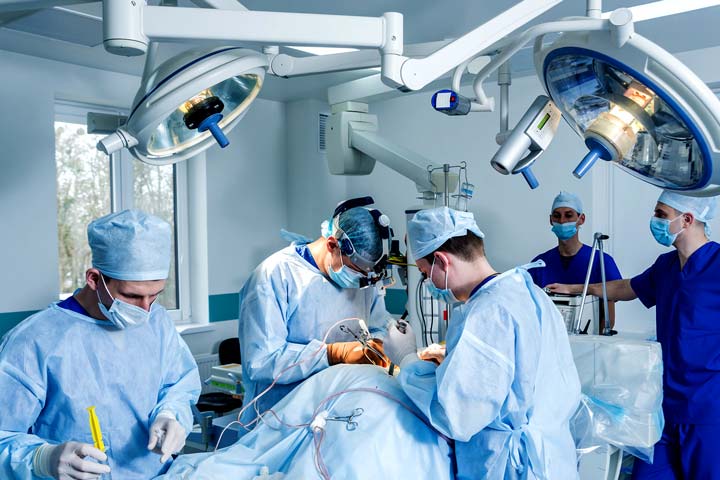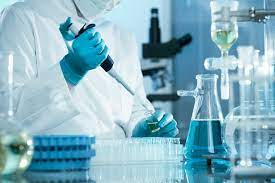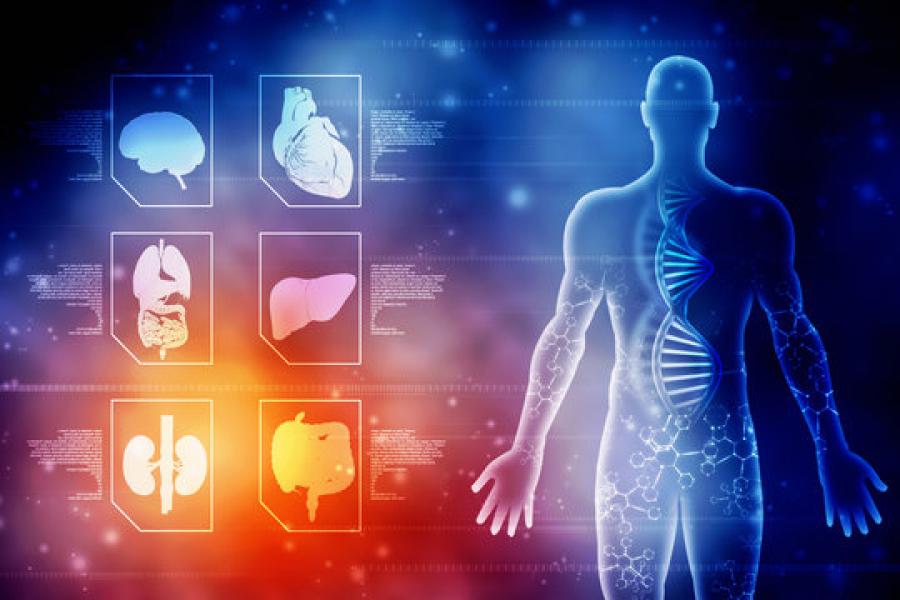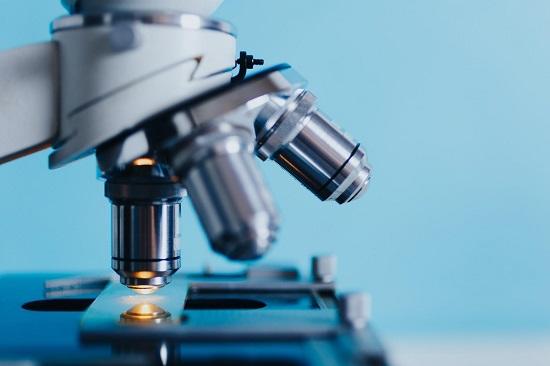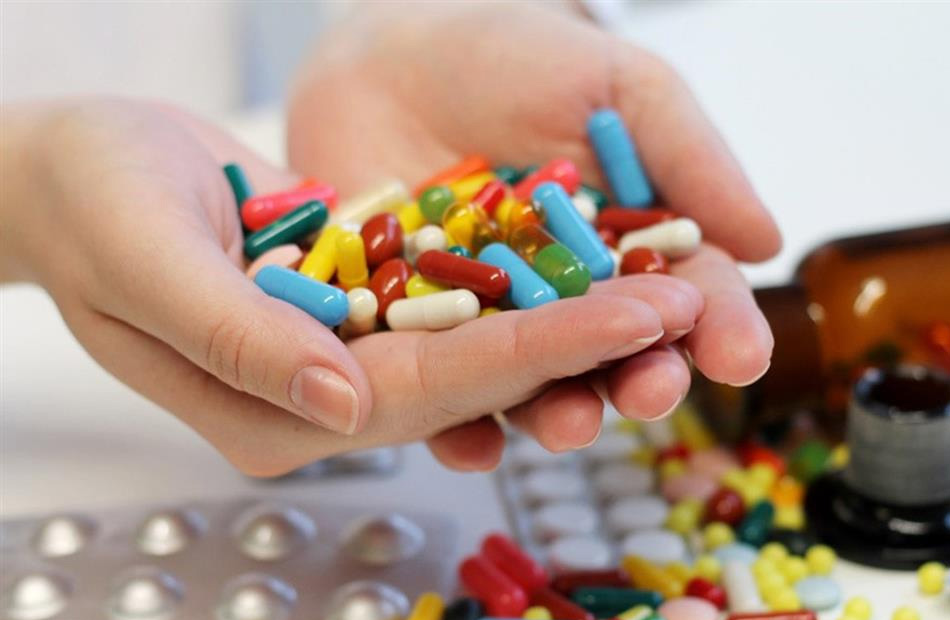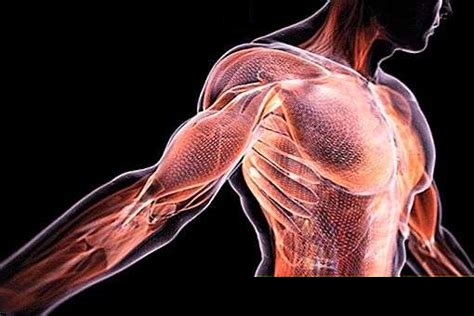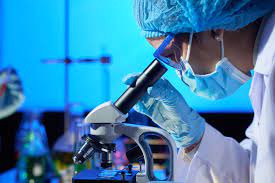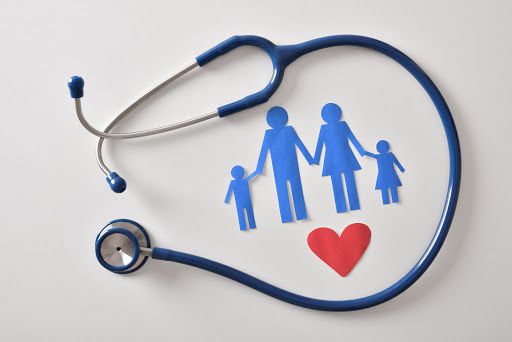Join the Scientific Departments at the College of Medicine
Our college is structured into two main divisions, each playing a crucial role in our educational and research missions: the Basic Science Departments and the Clinical Departments.
Clinical Departments
- Medicine: Delve into a wide range of adult illnesses, emphasizing diagnosis, treatment, and prevention.
- Pediatrics: Focus on the physical, emotional, and social health of children from birth to young adulthood.
- Obstetrics and Gynecology: Specialize in the reproductive health and childbirth needs of women.
- Surgery: Master the art of operative manual and instrumental techniques to treat diseases, injuries, and deformities.
Basic Science Departments
- Biochemistry: Explore the chemical processes within and related to living organisms.
- Physiology: Understand the mechanical, physical, and biochemical functions of humans.
- Microbiology: Study of microorganisms and their interactions with humans.
- Pharmacology: Dive into the drug action and the sources, chemical properties, biological effects, and therapeutic uses of drugs.
- Anatomy: Learn about the structure of organisms and their parts.
- Pathology and Forensic Medicine: Investigate the causes and effects of diseases and injuries, while exploring the legal implications of medical findings in the pursuit of justice.
- Family and Community: Family Medicine and Community Medicine are vital clinical science departments in the College of Medicine, each playing a significant role in primary health care and public health.
Get In Touch
Have questions? Reach out to our department heads or administrative staff for assistance.

